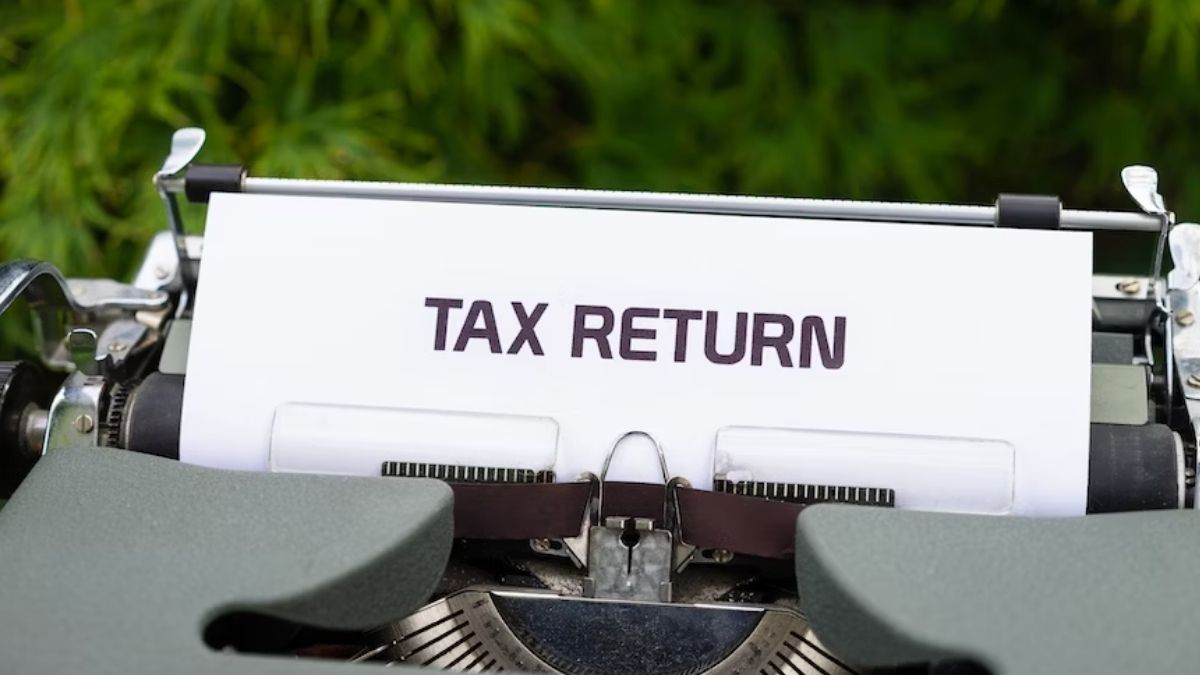Congratulations! You’ve done the hard work of filing your taxes, and now, you’re rewarded with a tax refund. While the prospect of extra money can be exhilarating, it’s essential to approach your newfound wealth with a plan. After all, a tax refund is not a windfall; it’s hard-earned money that the government is returning to you. This article explores various strategies on how to optimally use your tax refund in Australia, from understanding your refund amount with a tax refund calculator to smart investments.
Calculate Your Tax Refund Accurately
Before you can decide what to do with your tax refund, you need to know how much money you’re getting back. The Australian Taxation Office (ATO) does provide an estimate when you lodge your tax return, but it’s beneficial to calculate your tax refund independently. Using a tax refund calculator is an efficient way to do this.
These calculators consider various aspects of your finances, such as your income, tax withheld, deductions, and offsets, to provide an accurate estimation of your refund. By cross-verifying with a tax refund calculator, you can avoid unpleasant surprises and better plan your finances.
Clear Your High-Interest Debts
If you have high-interest debts like credit cards or personal loans, using your tax refund to clear or reduce these debts can be a great option. The interest you’re paying on these debts can quickly accumulate, making the debt more difficult to pay off over time. By using your refund to clear these debts, you’re effectively making an investment that saves you money in the long run.
Boost Your Emergency Fund
Having a robust emergency fund is crucial to safeguard against life’s unexpected financial shocks, such as a sudden job loss or significant medical expense. Financial advisors generally recommend that your emergency fund should cover at least three to six months of living expenses. If your fund isn’t at this level yet, consider boosting it with your tax refund.
Invest in Your Future
If your debts are under control and your emergency fund is fully stocked, you could consider using your tax refund as an investment. You might put it towards your mortgage, contribute extra to your superannuation, or invest in shares or mutual funds. These strategies can help grow your wealth over time and secure your financial future.
Invest in Yourself
Investing in yourself is another excellent use for your tax refund. Perhaps there’s a course or certification you’ve been considering that could boost your career prospects. Maybe you’ve been dreaming of starting a small business, and this tax refund could help you get off the ground. Investing in your personal development or business venture can provide returns that far outweigh the initial cost.
Explore Educational Opportunities
The value of education is immeasurable, and your tax refund can provide a substantial boost to your learning goals or those of your family members. Here are a few ways you can invest in education:
- Professional Development: Enroll in an online course or certification program related to your field. This could increase your skills and potentially your earning potential.
- Personal Interest Learning: Have you always wanted to learn a new language or try your hand at painting? Numerous online platforms offer affordable courses in a variety of subjects.
- Children’s Education: If you have children, consider investing in their future education. You could contribute to a college fund or enroll them in enrichment activities such as music lessons or STEM clubs.
- Books and Resources: Building a home library or subscribing to industry-related journals can enhance your knowledge. In this digital age, purchasing e-books or audiobooks could also be a great option.
- Educational Technology: Buying a new laptop for your online courses or investing in specific software for your studies can also be a smart move.
Utilizing your tax refund to boost your educational pursuits not only provides immediate benefits but can also positively impact your future financial situation. It’s a win-win choice for everyone.
Give to a Worthy Cause
Donating a portion of your tax refund to a charity is a wonderful way to give back to your community or support a cause you care about. Not only does it feel good to help others, but charitable donations of over $2 are also tax-deductible in Australia, meaning you could see a portion of your donated money returned in your tax refund next year.
Preparing for the Future: Retirement Funds
Your tax refund can also be a great opportunity to invest in your future—specifically, your retirement. It’s never too early to start saving for those golden years, and every dollar you add to your retirement funds now will grow over time, providing a larger nest egg when you need it.
Contributing to your superannuation fund, Australia’s government-supported retirement income system, could be one of your best financial moves. The government incentivizes these contributions through tax benefits, helping your savings grow more efficiently. Alternatively, you might consider setting up a self-managed super fund (SMSF), which gives you greater control over how your retirement savings are invested, although this comes with added responsibilities.
Moreover, consider diversifying your retirement portfolio by investing in stocks, bonds, or mutual funds. If you’re unsure where to start, consult with a financial advisor to understand what type of investments suit your risk tolerance and retirement goals best.
Remember, the key to a comfortable retirement is preparation and consistency. Using your tax refund for this purpose may seem less exciting now, but it could be the most rewarding decision you make in the long run.
Getting a tax refund can feel like getting a bonus, but it’s crucial to remember that it’s your money – money that you’ve earned. By planning and making smart decisions, such as accurately calculating your refund, clearing high-interest debts, and considering investment options, you can ensure that your tax refund works as hard for you as you did for it.











